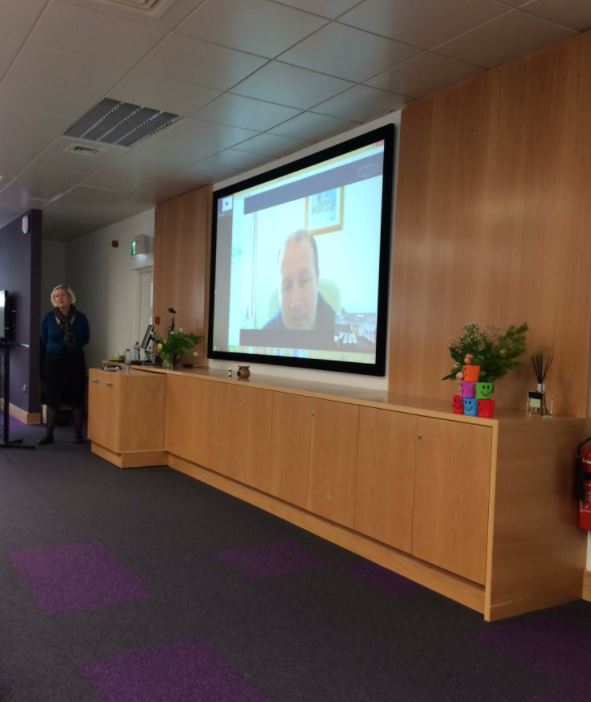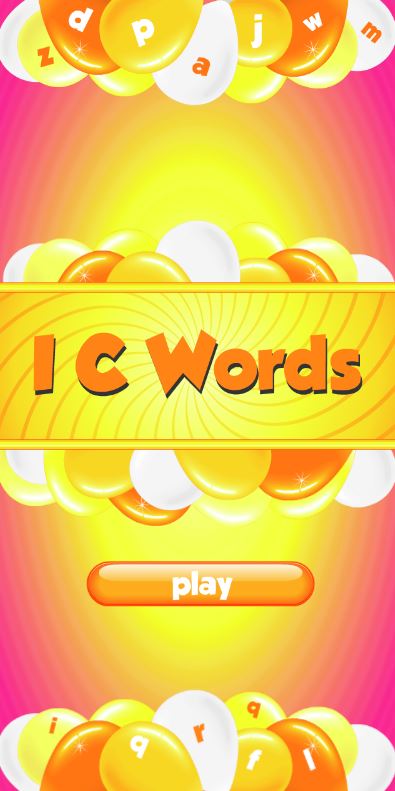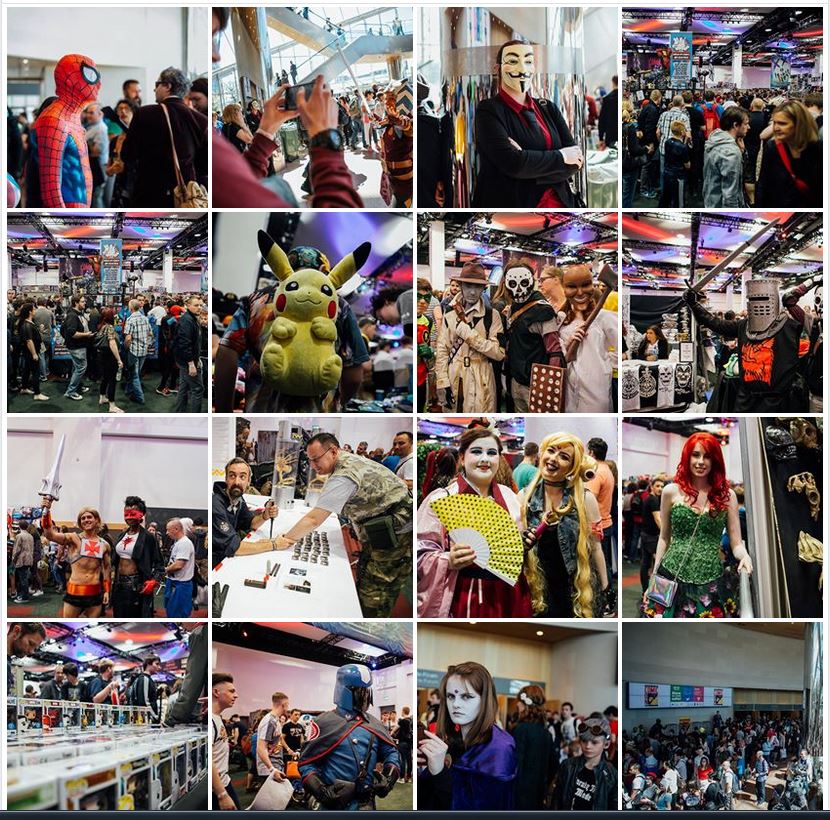I originally had created a blog post on tips for tech start-ups. I have updated it for games companies and games start-ups. Also most of these don’t specifically apply to Irish games companies – hopefully you find them useful. They are based on my experience with a number of games and mobile start-ups.
Your majority spend should be on marketing
As you have probably heard, cash is king for all businesses, more so for start-ups. You won’t have much cash starting out so it is vital to spend wisely in those early stages. So, the simple rule is – any spare cash - only spend on marketing and sales. Game markets (indie, mobile or AAA) are all ultra-competitive and social media will only get you so far!
Don’t rent an office
Office space in Dublin (and most European/US cities) is expensive and a real waste of cash when starting out. Offices are needed for full teams, meeting clients and storing hardware. You probably don’t have much (or any) of all three so you don’t need an office. If you are meeting potential clients, rent a ‘hot desk’ office or meet at their place. Use Skype and Dropbox to create a virtual office. When you have regular paying contracts or revenue streams, then rent
Try to have an alternative income source during development
Work part time, contract – do whatever you need to do to avoid paying (much) salaries when you are in startup mode. With your team, agree a profit share or equity share (for committed team members).
Game Team makeup: Development, Design and Biz!
A lot of game start-ups tend to comprise mainly of developers and artists. Not a bad thing but it means the focus of team will be on game development, not the business. You need someone onboard with marketing, publishing or general digital business experience.
Forget funding… for now
Securing funding takes time…. a lot of time. If you are in the indie or mobile market for example, you should not need much funding to get your business started. Publishers and investors will only really consider you if you have a (sales) track record in a certain game genre.
Network wisely
There are a huge number of games, tech and start-up networking events held in Ireland each year. Like all events, some are more useful than others.
Sales, not Traction
With free to play, it is tempting to say you have 100,000 game players so, hey, we are a games business. Nope! Users or players don’t equal customers.
Social media should be part of your marketing plan, not a replacement for it.
This is related to the first point about marketing and having a Biz head onboard. Many new start-ups talk about social media as if it is their only marketing activity. The basics of a marketing plan are still as valid as ever (remember the 4 Ps). Your social media strategy should be part of your overall marketing strategy; not the other way around.
Try to avoid advertising only game revenues
A few (very few!) game companies survive on advertising revenue only. You need massive (tens of millions) numbers of players to generate decent revenues if you are relying on in-game ads only. Put simply, it is extremely difficult to make a profit on online ads only.
Keep your professional fees low
Running a business costs money. For example, every business will need an accountant and solicitor during your startup phase. Inexperienced company founders tend to have phrases like “our solicitor looks after our IP”. Professional services firms charge on an hourly/daily basis – in the beginning, only use them for your statutory returns. If your turnover is low, you will only need to file abridged accounts each year, a considerable cost saving. Good firms will give you some basic free advice, knowing that as your business grows, you will come back to them for further paid consultations.
The Cloud is your technical friend
The hype is true, the cloud really does work – especially for game start-ups. Services like Google App Engine and Amazon Web Services allow you to pay only for the computing power you use. In addition, most have free starting tiers of usage. You do need someone cloud savy to use them but they do save you on hosting and database costs (ouch!) when you scale.
Government Supports & Entrepreneurship programmes
Besides Enterprise Ireland (EI), there are a ton of other government support agencies. Most are listed on this very useful site ThinkBusiness
Get on a Entrepreneurship programme if possible
There are a number of good government supported start-up programs such as DIT Hothouse. Besides good advice and training, the best thing about these programmes is the networking with other start-ups.
12-month revenue target
If you are not making real sales within 12 months of starting your games business, maybe call it a day. A tough one this one but you will always find excuses for not making sales. Learn from your mistakes and start again!
Make it look good
People are visual creatures, we judge everything first by our eyes – including games. You can release your game if some features are not fully finished or included; however never ever release something that does not look good. That does not mean that you needed AAA 3D graphics. If you are going for simple stylised graphics, they still have to look good!
That’s it. Now go forth and develop………….






